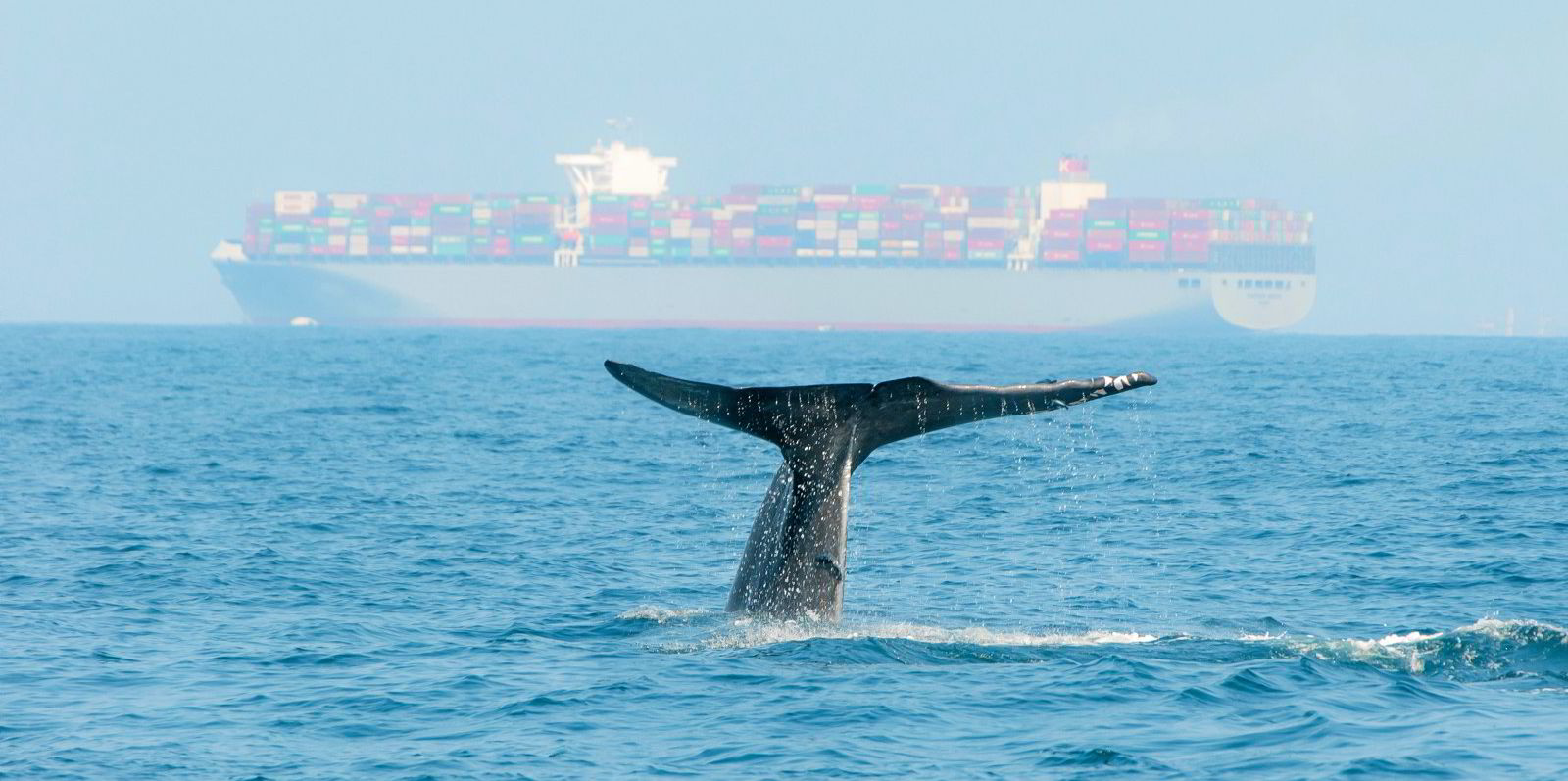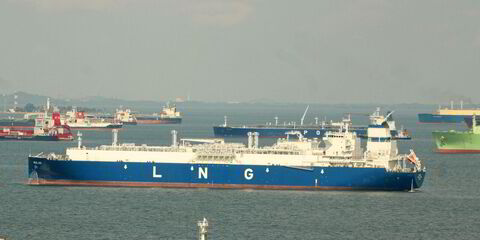Stolt Tankers says it has taken a major step to help protect whales and other cetaceans in the world’s ocean.
The Stolt-Nielsen company’s chemical carriers regularly navigate through several locations around the globe where large marine animals live and feed.
These include south of Sri Lanka, the north-west of the Mediterranean Sea, the waters around Vancouver Island and the east coast of the US.
Stolt Tankers said on Wednesday that it is following guidance from the International Maritime Organization (IMO) and other experts in the field of marine animal welfare to change routes and reduce speeds by 20% in these areas.
This will reduce the likelihood of physical injuries due to collisions.
In addition, to protect endangered blue whales and other cetaceans off the coast of Sri Lanka, ships will sail 15 nautical miles (28 km) south of the current traffic lane.
Lucas Vos, president of Stolt Tankers, said: “We believe that Stolt Tankers has an important role to play in protecting the oceans that are the lifeblood of our business.”
“By reducing our voyage speed from 12.5 knots to 10, we can significantly help to reduce the risk of ship collisions with whales,” he added.
He said he hoped by raising awareness of the issues, others are encouraged to follow suit.
Stolt Tankers explained that in addition to the threat of direct strikes from ships or their propellers, underwater noise from marine traffic interferes with the ability of marine animals to transmit and receive acoustic information.
Slow-steaming
This can affect their ability to feed, communicate, rest, reproduce and navigate their usual migratory routes.
Steaming at slower speeds also reduces underwater noise.
The shipowner has several additional projects underway to reduce underwater noise, including minimising the biofouling of the hulls and propellers of its fleet.
It is estimated that there are about 1,000 whale strikes off the coast of Sri Lanka each year.
In September, giant Swiss owner Mediterranean Shipping Co (MSC) said it was moving vessels away from Sri Lanka to protect blue whales.
The new course is also 15 nautical miles south of the current traffic separation scheme.
An exception has been made for vessels embarking and disembarking for safety reasons in Galle, including in case of adverse weather.
Additionally, smaller feeder ships sailing around the Bay of Bengal will reduce their speed to less than 10 knots in this area.




